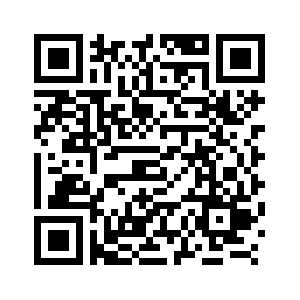SEOUL, Feb. 6 (Xinhua) -- South Korea's constitutional court held the sixth hearing of impeachment trial on President Yoon Suk-yeol on Thursday, with the arrested president being present for the fourth time.
Yoon, dressed in a black suit and red necktie, presented himself at the courtroom in central Seoul at about 10:00 a.m. local time (0100 GMT).
Lt. Gen. Kwak Jong-keun, former chief of the Army Special Warfare Command, said in the hearing that it was exactly correct that Yoon ordered him to remove "lawmakers" from the chamber of the National Assembly, where the lawmakers gathered to lift an emergency martial law which was declared by Yoon on the night of Dec. 3 last year.
About two hours after the declaration, Yoon called Kwak through a scrambler phone, giving orders that the lawmakers should be dragged out of the chamber before the quorum to revoke the martial law is filled, according to Kwak.
Kwak also received a call from former Defense Minister Kim Yong-hyun who ordered access to the National Assembly to be blocked so that the quorum of 150 lawmakers would not be filled.
Yoon denied the allegations, saying it would be impossible between superiors and inferiors of public offices to give calls out of the blue and give orders to block access to the parliament and drag lawmakers out.
Throughout the midnight hours of the short-lived martial law imposition, military helicopters landed at the National Assembly and hundreds of armed special forces troops broke into the parliamentary building, TV footage showed.
Under the constitution, a president is required to report the martial law imposition to the National Assembly, a sole body with the right to repeal martial law.
According to the prosecution's indictment, Yoon urged military commanders over the phone to push martial law troops into the parliamentary chamber by "firing guns" and "using axes" to break the door open.
Col. Kim Hyun-tae, chief of the Army Special Warfare Command's 707th Special Mission Group, said in the hearing that he was ordered by Kwak to seal off and secure the National Assembly building, not ordered to drag lawmakers out.
Kim stressed that when the special forces troops tussled with citizens inside and outside the parliamentary building, the troops only defended, not attacked, as they felt a lot of shame, noting that the troops were people who could not aim guns at or use force against ordinary people.
Next hearings were scheduled to be held on Feb. 11 and 13.
The motion to impeach Yoon was passed through the National Assembly on Dec. 14 last year and was delivered to the constitutional court to deliberate it for up to 180 days, during which Yoon's presidential power is suspended.
Yoon was apprehended in the presidential office on Jan. 15, becoming the country's first sitting president to be arrested.
Yoon, who was named as a suspected ringleader of insurrection, was indicted under detention on Jan. 26, becoming the country's first incumbent president to be put on trial in custody.
Yoon was accused of conspiring with the former defense minister, who had already been indicted under detention, to declare unconstitutional, illegal martial law and dispatch armed forces into the National Assembly. ■



